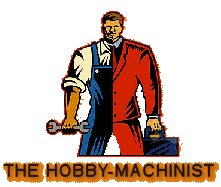Awesome! I would suggest you look seriously at the G0704/PM-25 sized machine. It is at the upper end of your weight range but the head and table can be removed to bring the lift weight down.
I can attest that the machine is perfect for heavy work in aluminum and light work in steel. It is too small to use most indexable tools, facemills, etc, but can handle a 3/8" endmill in aluminum and 1/4" endmill in steel very well.
The lighter duty machines will struggle with rigidity, forcing worse tolerances and slower cutting. The G0704/PM-25 is far from perfect, but it seems to be the best option when it comes to benchtop mills under $2k.
My CNC can hold tolerances within 0.005" all over, however with better ballscrews, I could probably do better. Local tolerances (bores, reamed holes, small features, etc. ) can be held to tenths with proper setup and care in machining.
I am a big robotics fan so I'll use that as an example: bearing holes need to be held within a few tenths, which is not too hard to do with a boring head. General machining is much more open and +/- 0.005" would be fine. Here is a robotics project I've been working on.
Hi All, Some of you may have seen me write about how much I am interested in industrial robotics. I've been looking for an old robot to play with for 3-4 years now and one just happened to pop up! Many people are familiar with the 6 axis articulated robots that are often shown in factories...

www.hobby-machinist.com
The major limiting factor in all benchtop machines is the useful Z travel. This gets used up FAST. For example, my G0704 has 9" of useful Z travel. Take 2" off that for the vise, 2" for the drill chuck, 3" for the drill length, and add a part 1.5" tall, all of a sudden you only have 0.5" to spare. Take this into account if considering a smaller machine.

